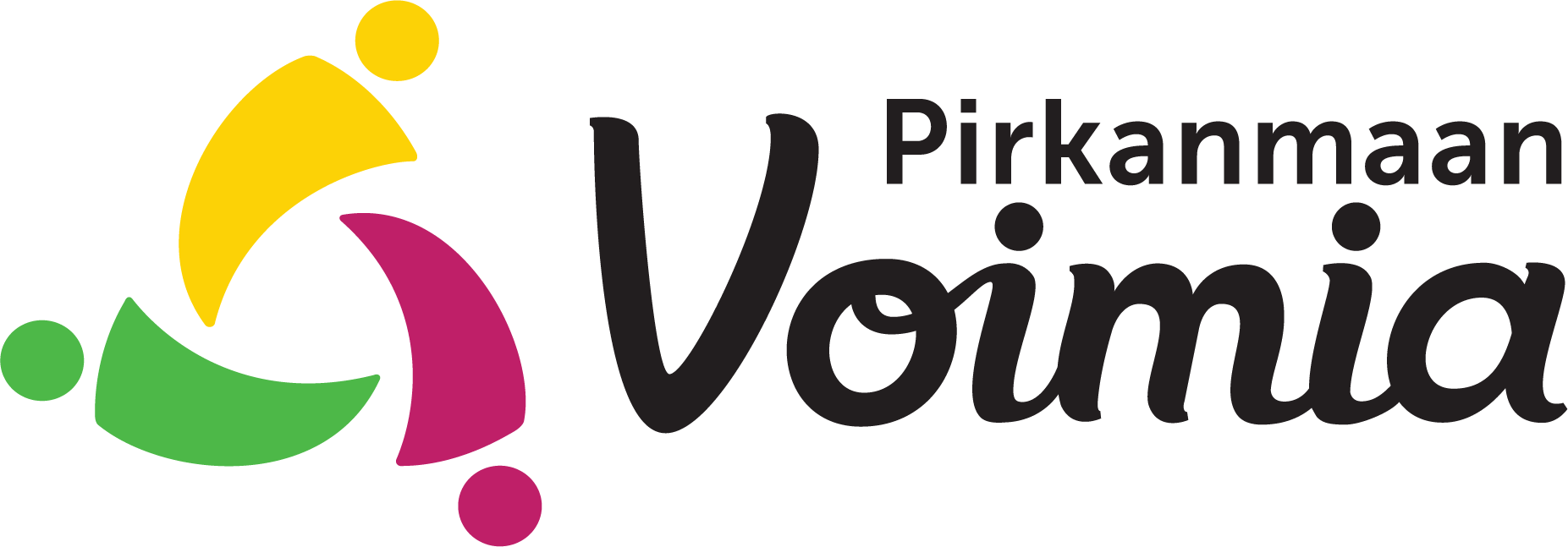We at Pirkanmaan Voimia value high-quality ingredients and use local Finnish ingredients whenever possible. Our meals comply with nutritional recommendations to ensure a good day for all our customers from children in daycare to elderly residents of care homes. The food we serve does not contain genetically modified ingredients or added sodium glutamate. Our procurement criteria address considerations related to traceability and safety of the ingredients, along with animal welfare.
In 2023, the domestic content of food purchased by Pirkanmaan Voimia was 71 percent.
The countries of origin of the ingredients used by Pirkanmaan Voimia
- Beef, pork, and poultry meat are Finnish; venison is from the EU area.
- Dairy products (93%) are mostly Finnish.
- Fats, oils, eggs, and egg products are Finnish.
- Rainbow trout is Finnish; frozen fish is Finnish or from the EU area.
- Ready meals are mostly Finnish; individual products are from the EU area.
- Fresh bread and buns are from Finnish bakeries.
- Potatoes and cabbage are Finnish; carrots and turnips are mostly Finnish, sometimes from the EU area depending on the season.
- Salads, tomatoes, peppers, and cucumbers are mostly from the EU area, sometimes Finnish depending on the season.
- Of fruits, apples and pears are mostly from the EU area; apples are sometimes Finnish.
- Berries are mostly Finnish, with a few exceptions from the EU area.
Climate friendliness
In all daycare centers, schools, high schools, and vocational schools, alongside regular meals, vegetarian food is available daily as a freely chosen option for all students. (With the exception of a few individual cases where vegetarian food cannot be offered due to space constraints.) Vegetarian food in school meals is mainly lacto-ovo-vegetarian, meaning it includes dairy and eggs in addition to plant-based products.
Children and youth are guided towards good choices through positive food education, encouraging them to taste and try new flavors. Children and youth can freely choose from the available food options. When vegetarian food is offered first in the serving line, it encourages tasting.
Pirkanmaan Voimia supports the City of Tampere’s goal of carbon neutrality. Reducing negative climate impacts is outlined in the company’s environmental program and also in ownership objectives. In 2020, the Natural Resources Institute Finland (Luke) calculated the carbon footprint of Pirkanmaan Voimia Oy. Based on the calculation, Voimia’s climate roadmap has been drafted. The goal is to reduce total emissions by one-third within just over five years and halve them by 2030.
Through product development, the attractiveness of vegetarian food is increased, as well as the share of vegetables and other climate-friendly ingredients in other dishes. In practice, this means, for example, partially replacing meat, rice, and dairy products with lower-emission ingredients in food preparation.
Food waste management
In food waste management, skilled demand planning and cooperation with the customer are key. If surplus food remains, all daycare centers and schools offer their staff the opportunity to purchase it. The catering centers Koukun Helmi and Hatanpää, as well as the kitchens of Tesoma school, Tampere International School, and Tredu Santalahdentie, donate surplus food to food aid. At Koukun Helmi and schools, the partner is the Evangelical Lutheran Church’s diaconal work Food Bank, which coordinates the distribution of food aid. Hatanpää donates surplus food to the daytime activity center Huoltsu.
Reducing food waste is an important factor in reducing carbon emissions. The goal is to halve waste by 2025. This requires precision from kitchens, active cooperation with customers to reduce plate waste, and further expansion of food aid activities.
Animal welfare
Eggs, chicken and turkey
The egg products we use are produced in a salmonella-free area, and their origin can be traced back to the producer. All the fresh eggs and egg products we use are made from eggs laid by free-range hens.
Our poultry comes from the salmonella-free area and the origin of chicken can be traced to the producing farm. One of the most important indicators of the welfare of broiler chickens is the foot pad index. The good health of the birds’ foot pads is a good indicator of their growing conditions, including litter quality and the health of the birds’ digestive systems. For our next competitive tendering process, a maximum foot pad index score will be defined for the broiler chickens. It will be under 40 (if the flock’s score for foot pad dermatitis is higher than 80, the inspecting veterinarian has to report it both to the producer and the relevant Regional State Administrative Agency).
Pork
The pork we use comes from farms that use the Sikava animal health monitoring system. These farms monitor their pigs’ tail biting, which is an important pig welfare indicator. Tail biting in pigs is an abnormal behavior that results from stress or discomfort that leads the pigs to bite the tails of other pigs in the same pen. To control this problem, routine tail docking is carried out in Europe on a large scale, with the exception of Finland, Sweden and Norway. Sikava also monitors the use of antimicrobial medicines, such as antibiotics. On Sikava farms, these medicines are only used for treating sick animals by prescription and under the supervision of a veterinarian.
Beef
Skimmed milk is our main beverage in all customer groups. In our lunch restaurants, larger daycare centers, schools, and secondary education institutions, there are milk vending machines offering free-range cow’s milk. The cows on the farms producing free-range cow’s milk live in open barns where they can move freely, eat at their own pace, and spend time in the herd. In Voimia’s locations, 655 551 liters of free-range cow’s milk were consumed annually (2023).
We purchase our beef from farms that use the Naseva animal health monitoring system for cattle. On these farms, antimicrobial medicines, such as antibiotics, are used for treating sick animals only when prescribed and supervised by a veterinarian. Naseva monitors animal health and welfare through, for example, the following means: healthcare contracts between farms and veterinarians, animal health-related farm visits by veterinarians, annually reviewed animal healthcare plans, laboratory tests, and the cattle’s medicinal records.
Fish
The fish we use is on the yellow or green list of the WWF Seafood Guide. Wild fish must be caught in a way that meets at least the following conditions:
- fishing complies with local and international laws
- fishing is at a sustainable level in relation to the fish stock (no overfishing)
- fishing helps to maintain environmental diversity
In addition, the fish supplier must have a social responsibility plan. The plan must make clear how the business respects human and fundamental labour rights, uses social responsibility certification and auditing systems, and employs, for example, young people or the long-term unemployed.
Pirkanmaan Voimia taking Steps to Organic
In all Pirkanmaan Voimia locations, organic products are used, including all the oat flakes in use being organic. In 2022, approximately 85,000 kilograms of organic products were purchased. The most commonly used organic products include oat flakes, buttermilk, and natural yogurt.
Pirkanmaan Voimia is committed to regularly using organic products and promoting sustainable development in its operations. Among Voimia’s locations, the restaurants of local markets, elderly housing services, hospitals, and daycare centers are at level two in the “Steps to Organic” program, while other locations are at level one.
Our procurement service partners commit to offering organic products in accordance with the “Steps to Organic” program and Pirkanmaan Voimia’s tier levels in meal services.
“Steps to Organic” is a program aimed at increasing the use of organic products and awareness of organic food among professional kitchens.

